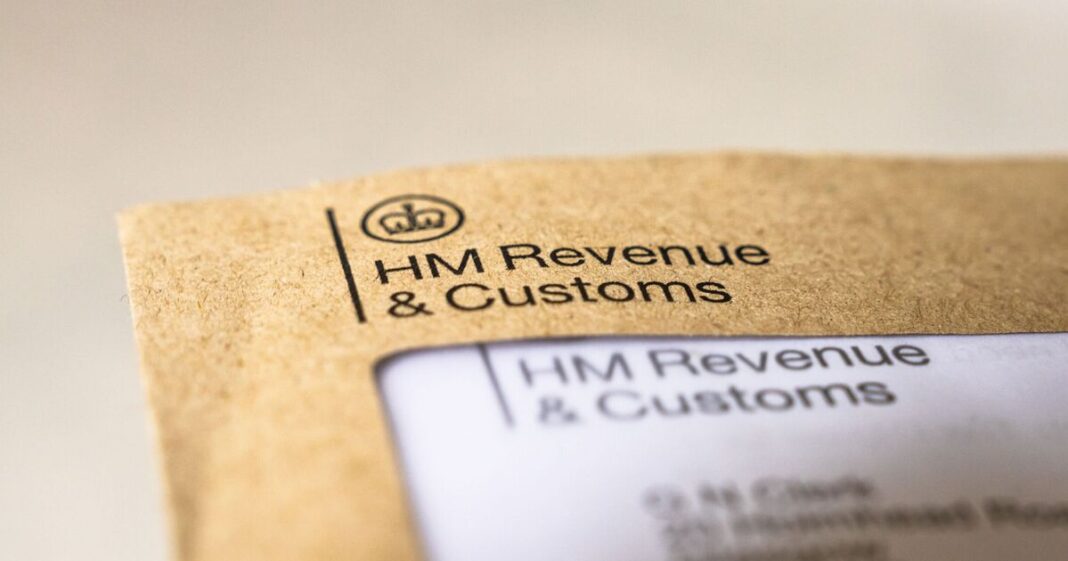A warning has been issued to anyone thinking of accessing their pension pot to try to avoid possible tax changes in the upcoming Autumn Budget later this month.
Rumours are ramping up that Chancellor Rachel Reeves could raise various taxes this month, after she took the unprecedented step of giving a pre-Budget speech last week where she sounded the alarm over the state of the UK’s finances.
It could mean manifesto breaking changes to tax, including income tax and National Insurance as well as pensions.
Investment platform Hargreaves Lansdown has urged people worried about potential changes not to make any hasty moves that could land you a ‘hefty tax charge’, though. Normally, individuals are able to access a 25% slice of their workplace pension once they turn 55, without paying tax on the lump sum.
However, those trying to access a lump sum now, in advance of any potential reductions to the allowance, could be stung by HMRC, experts have warned.
Clare Stinton, Head of Workplace Saving Analysis, explained: “Under current rules you can usually take up to 25% of your pension tax-free, capped at £268,275 for most people. With rumours swirling, some might be thinking about taking their tax-free lump sum now to ‘lock in’ their entitlement. But is that a good idea?
“In most cases, taking your pension tax-free lump sum just in case something changes, could risk derailing your long-term plan and weakening your financial resilience.
“Unlike a game of hokey-cokey, you can’t just pull out your tax-free lump sum and put it back in – doing so could land you with a hefty tax charge. That’s why it’s important to think carefully before acting. If you don’t need the money, taking it out of your pension (a tax-efficient environment), will likely dent your long-term returns and reduce the income you might rely on later in life.
“And the tax consequences don’t end there. Accessing your tax-free lump sum could bring your hard-earned money into the scope of inheritance tax, capital gains tax, and income tax, all chipping away at the value of your savings. Any decision should be weighed carefully against these factors and considered in the context of your long-term plan.”
In an unusual speech just three weeks out from the major fiscal statement, the Chancellor on Tuesday would not commit to Labour’s manifesto promises not to raise income tax, national insurance or VAT, fuelling speculation.
The Budget will focus on cutting NHS waiting lists, and addressing the cost-of-living crisis, the Chancellor said, as well as reducing the burden of interest on government debt.
Ms Reeves also wants to give herself a bigger buffer than the almost £10 billion she previously had against her rule of balancing day-to-day spending with tax receipts in 2029-30.
She suggested she would neither cut her major spending plans, nor reach for the lever of more borrowing to meet her commitments, further hinting that tax rises are needed to sustain the public finances.


